Adresse
304, rue Cardinal Nord
Centre Dorchester, MA 02124
Heures de travail
Du lundi au vendredi : 7h - 19h
Week-end : 10h - 17h
Groupe d'équipement médical expert du Shandong
Expert Medical Equipment Group, en tant que l'un des fabricants et exportateurs d'équipements médicaux les plus professionnels en Chine, insiste pour fournir des produits de qualité supérieure, de sécurité et fiables ainsi que les meilleurs services après-vente sur le marché mondial.


La série de tables d'opération Expert Medical répond pleinement aux exigences de la chirurgie générale, du cœur, de la tête, du cou, de la cavité thoracique et d'autres opérations chirurgicales.
Les séries de lampes opératoires Expert Medical sont impliquées dans divers domaines d'éclairage chirurgical et système d'éclairage auxiliaire.
Les experts médicaux fournissent différents types de lits d'hôpital ICU&Nursing qui sont vraiment beaux et durables à utiliser.
Ce sont des postes de travail idéaux pour les gaz médicaux, les alimentations électriques, les plates-formes d'instruments, les racks de pompes à perfusion et les terminaux de sortie réseau dans les hôpitaux.
Les produits médicaux ne sont pas autorisés à subir des irrégularités. Nous possédons le meilleur ingénieur technique pour participer à la conception et à l'évaluation des produits, engagés à fournir un niveau de service efficace et élevé à tous les clients.
En plus de la fabrication d'équipements médicaux, nous nous engageons également dans la recherche et le développement d'industries modernes et de haute technologie, soutenons les institutions médicales pour améliorer l'effet de diagnostic et de traitement de diverses maladies.
Expert Medical est engagé dans la fabrication d'équipements médicaux et le service technique depuis plus de 17 ans, continue de fournir des informations de marché et un support technique en temps opportun à tous les clients, avec une équipe technique professionnelle pour répondre aux diverses exigences de service avant-vente et après-vente.
Expert Medical est situé dans la ville de Qufu, dans la province du Shandong, qui est le plus grand groupe industriel d'équipements chirurgicaux en Chine et même dans le monde. Nos principaux produits sont les suivants : série de lampes chirurgicales, série de tables chirurgicales, pendentif médical, série de lits médicaux, etc., plus de 200 spécifications.

NOUS AIMONS CE QUE NOUS FAISONS
Il vaut mieux être un bon spécialiste d'un métier qu'un simple spécialiste de plusieurs secteurs.
Notre équipe de conception et de fabrication d'équipements médicaux est bien consciente des besoins des patients et des médecins. Par conséquent, nous sommes convaincus que nous sommes des experts dans l'industrie des équipements médicaux.
Nous sommes l'un des principaux fabricants d'équipements médicaux de haute technologie et les produits sont largement distribués dans les hôpitaux et les cliniques du monde entier et soutenus par un vaste réseau de distributeurs.
Toutes les étapes de production de nos produits sont strictement contrôlées et chaque étape est soumise à un contrôle qualité et à des tests précis et professionnels. Tous les produits ont des performances presque parfaites dans la pratique médicale.
En plus des équipements d'opération chirurgicale de base et des instruments hospitaliers, nous produisons et fournissons également des équipements de diagnostic médical, des dispositifs de traitement et de récupération numériques et d'autres séries de produits, des centaines de variétés et de spécifications pour répondre à diverses exigences. arrêter le fournisseur de solutions d'équipement médical.
En tant que fabricant professionnel d'équipement médical à guichet unique, EXPERT MEDICAL possède une chaîne d'approvisionnement intégrée pour fournir une gamme complète de services d'équipement médical pour les salles d'opération, les zones de soins intensifs et les établissements de soins primaires, etc., avec une technologie de production moderne et des contrôles de coûts stricts, nous fournissons les produits les plus rentables à tous nos clients.

Des lits de base, du mobilier et des chariots médicaux aux équipements de salle d'opération, en passant par les tests de diagnostic et la physiothérapie de rééducation, l'expertise de l'équipe d'experts en équipement médical en matière de gestion des risques et de projet fait de nous le fournisseur préféré des hôpitaux dans plus de 70 pays. Nous continuerons également à exploiter pleinement nos avantages et à fournir des équipements médicaux professionnels.
Notre axe principal est l'innovation constante; nous nous engageons à développer et à mettre en œuvre en continu de nouvelles normes de qualité des produits et d'efficacité du service. Nous avons accumulé de nombreux brevets et certifications techniques enregistrés. Alors que nous nous efforçons d'offrir la meilleure expérience à nos clients et de contribuer à l'amélioration et à la modernisation des systèmes de santé dans le monde entier.
EXPERT MEDICAL ne vend pas seulement des produits, nous fournissons également une formation et une éducation d'installation appropriées pour aider les clients à effectuer les travaux les plus exigeants. Il y a un élément éthique dans tout cela, car EXPERT MEDICAL défend les valeurs d'intégrité et d'honnêteté, tout en traitant toujours tous les clients comme nos partenaires de coopération amicaux.
Nous comprenons l'intention initiale et les raisons pour lesquelles les clients personnalisent l'équipement médical, afin que nous puissions fournir l'équipement le plus approprié. Nous avons une équipe de R & D professionnelle pour concevoir et répondre aux demandes de différents clients concernant l'équipement médical personnalisé et fournir des produits avec des spécifications différentes selon différentes demandes pour assurer une efficacité de travail plus élevée. Faites-nous maintenant part de vos demandes de personnalisation pour vous fournir le plus matériel et produits professionnels.
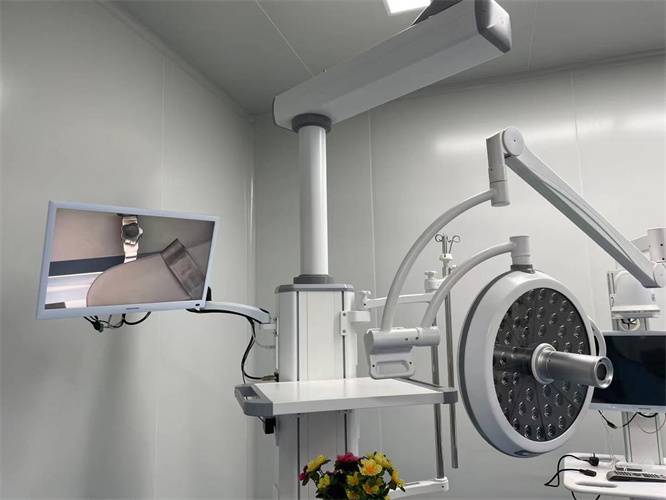

EXPERT MEDICAL s'engage à établir un système qualité rassurant tout au long du processus de fabrication des équipements médicaux. Pour cette valeur fondamentale, nous sommes responsables à la fois de nos clients et de l'ensemble de l'industrie.
Choosing the right medical hospital bed is more than just...
Lire la suiteThis blog explores the importance of advanced medical lighting, its...
Lire la suiteIn this article, we’ll explore the essential steps to evaluate...
Lire la suiteThis blog explores the numerous benefits of investing in a...
Lire la suite
La série de tables d'opération Expert Medical répond pleinement aux exigences de la chirurgie générale, du cœur, de la tête, du cou, de la cavité thoracique et d'autres opérations chirurgicales.

Les séries de lampes opératoires Expert Medical sont impliquées dans divers domaines d'éclairage chirurgical et système d'éclairage auxiliaire.
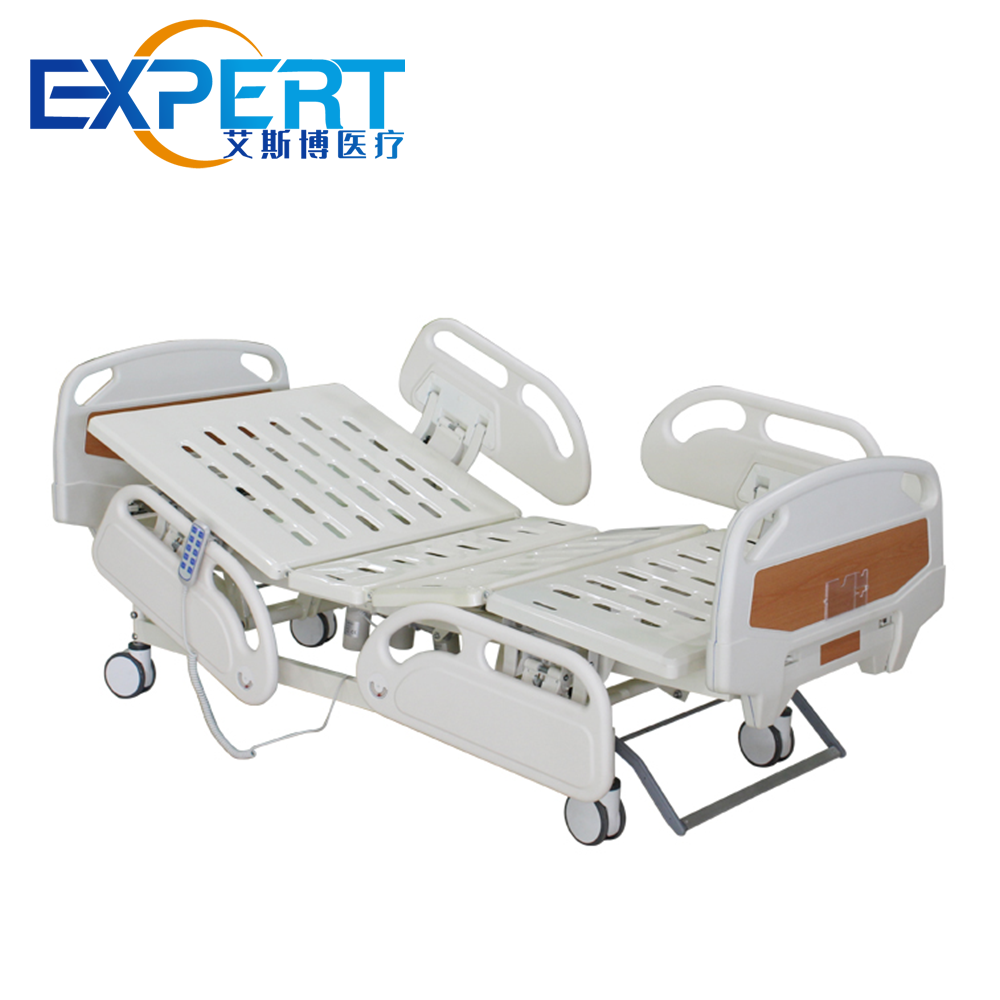
Expert medical fournit divers types de lits d'hôpital pour soins intensifs et infirmiers qui sont vraiment beaux et durables à utiliser.
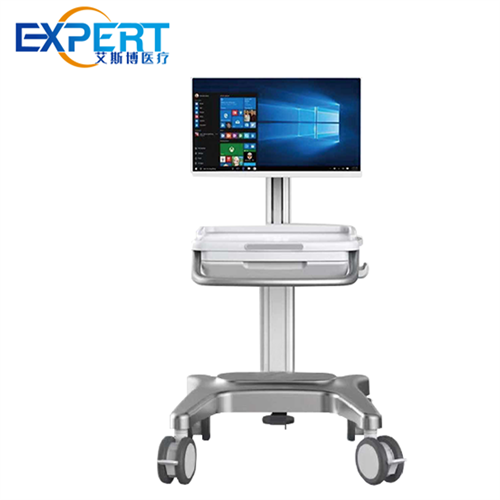
Qu'il s'agisse de soins médicaux ou de chirurgie au quotidien, les chariots chirurgicaux Expert Medical peuvent vous aider à travailler plus efficacement.
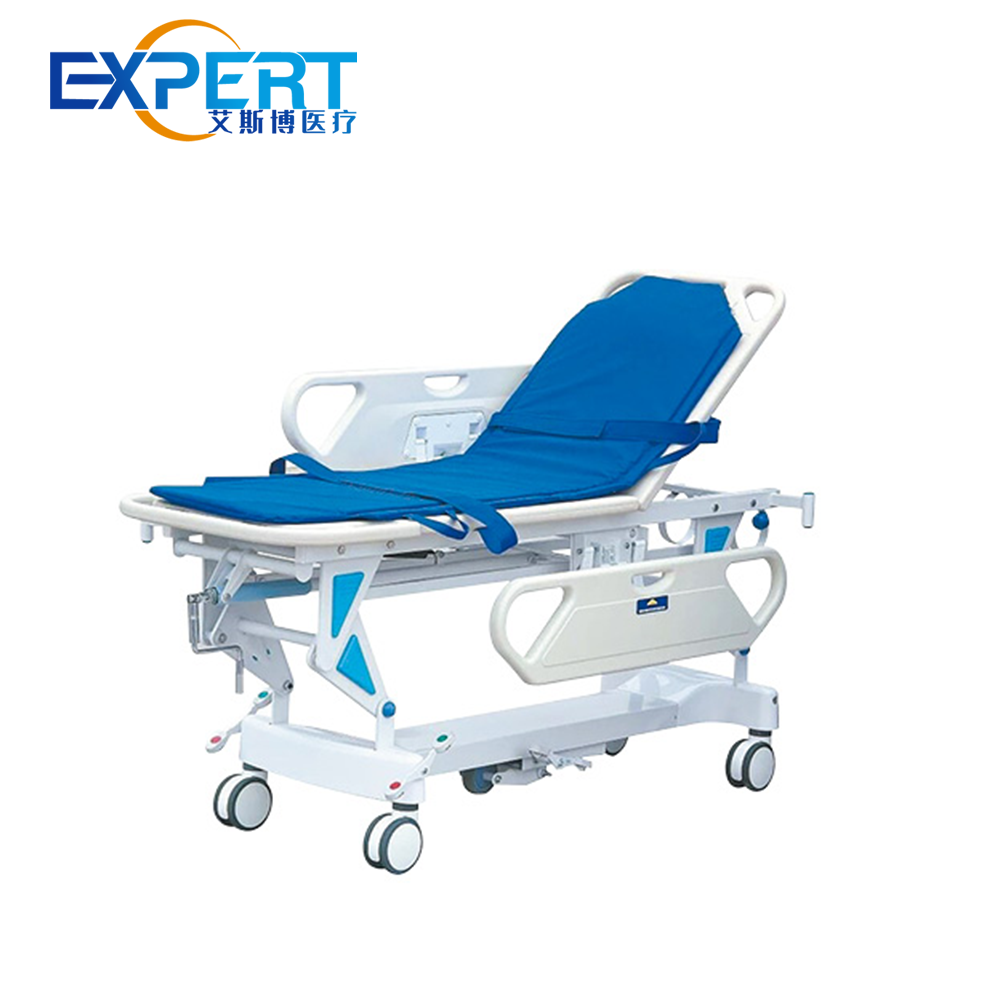
Avec une variété de structures et de fonctions, les civières Expert offrent un soutien de la force lors du sauvetage d'urgence et du transport de patients.
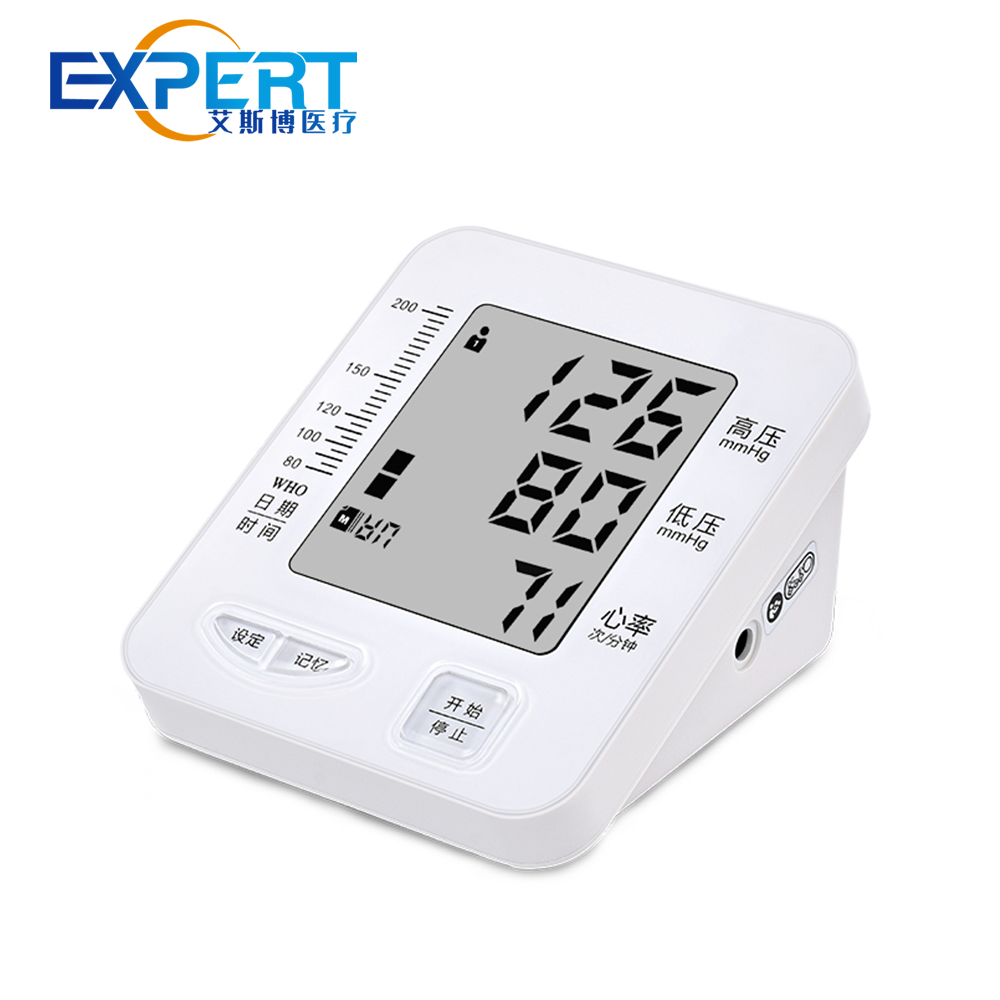
Les autres dispositifs médicaux d'Expert Medical fonctionnent ensemble pour aider à construire un système médical complet.
Nous nous engageons à fournir un modèle de vente à guichet unique au client ; Nous accordons une attention plus importante à la satisfaction de nos clients.
